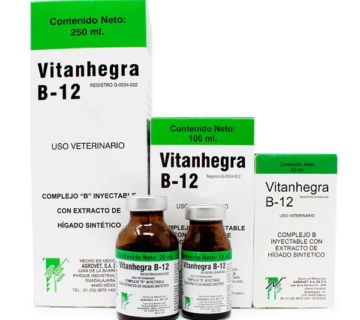Horses’ Anti-Inflammatory
Horse owners frequently worry about inflammation since it can develop from a variety of ailments and wounds. Inflammation control is essential for enhancing the comfort and wellbeing of horses. The good news is that horses can benefit from a variety of anti-inflammatory treatments to help with pain relief and inflammation reduction. This article will examine various anti-inflammatory treatment modalities, their modes of action, and how well they work to control inflammation in horses.
Introduction Anti Inflammatory For Horses
The body’s natural response to injury, infection, or tissue damage is inflammation. It is characterized by discomfort, heat, redness, and swelling. Horses may experience inflammation in their joints, muscles, tendons, or internal organs, among other places. It may be brought on by illnesses including colic, arthritis, or lameness. Inflammation control is crucial for the comfort and general health of horses. terramycin antibiotic
NSAIDs are non-steroidal anti-inflammatory drugs.
In horse medicine, NSAIDs are frequently used to treat pain and inflammation. They function by preventing the body from producing inflammatory chemicals. The NSAIDs phenylbutazone, sometimes called “bute,” and flunixin meglumine, also called Banamine, are two that are widely prescribed for horses. These drugs can significantly reduce pain and inflammation, but it’s important to adhere to the recommended dosage and delivery methods. When taking NSAIDs in horses, it’s also critical to be aware of potential adverse effects and adopt the appropriate safety measures.
Corticosteroids
Strong anti-inflammatory medications known as corticosteroids can be used intravenously, topically, or orally. They are frequently employed to treat localized joint pain or allergic responses. These drugs function by lowering immune response and inhibiting inflammation. Dexamethasone and prednisolone are
List of some of our Anti Inflammatory products
Banamine Injection Adequan Injections
over the counter anti inflammatory for horses/ best anti inflammatory for horses/natural anti inflammatory for horses
A. Horse inflammation definition
B. The significance of controlling inflammation
C. A list of available anti-inflammatory drugs
NSAIDs, or non-steroidal anti-inflammatory drugs,
A. NSAIDs and their mode of action are explained B. NSAIDs commonly used for horses
C. Directions for dosage and administration
D. Possible adverse effects and safety measures
Corticosteroids, in III
Overview of corticosteroids and their ability to reduce inflammation
B. The various corticosteroid types and how they are administered
C. Horse corticosteroid usage indications
D. Corticosteroid side effects and potential dangers
IV. Herbal supplements and nutraceuticals
A. An introduction to herbal supplements and nutraceuticals
B. Illustrations of supplements for horses that reduce inflammation
C. Proof of these supplements’ efficiency
D. Advice for using them and possible dangers




No comment